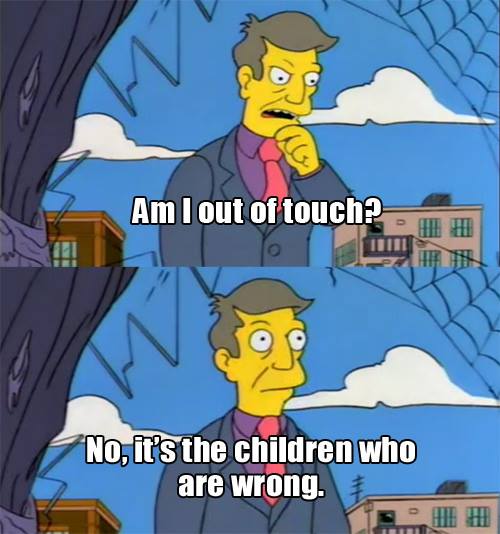Around the beginning of August, Stack Exchange created a custom post notice for Worldbuilding. Basically, moderators manually add the notice to all questions tagged hard-science, and then may add it to specific answers that don't meet the requirements of the tag. There are only four of us, so it sometimes takes a day or so for the post notice to be added, but in general, it gets done.
I've monitored posts on the tag over the past month, and we've had to add the post notice to a bunch of answers - probably 50% or more, though I don't have the exact statistics. Adding the notice seems to have some effects, but not many. hard-science answer quality is, for the most part, staying the same. I'm not saying that there hasn't been any improvement - I've seen some really awesome answers over the past month - but it hasn't been as much as I think many of us hoped for.
That said, I'd like to propose something that may be unpopular, but that I'd like to put on the table for discussion: Deleting answers. To my knowledge, this was proposed early last summer, though we never took action in that direction. At the time, it was too extreme a response. Now, though, I feel like it might be a better choice. We've tried many things, and none of them seem to be working. Here's my proposed solution:
- If an answer to a hard-science question doesn't fit the requirements of the tag, it can have the post notice added to it.
- If the answerer doesn't improve the answer within $X$ days (where $X\gg1$), the answer may be deleted.
- If the author improves the answer, he or she can flag the post and ask for it to be undeleted, and to have the post notice removed. Hopefully, this will be the case.
This proposal has some problems and questions we need to answer, as I think people have figured out by now:
- Who is/are the arbiter(s) of whether or not an answer meets the requirements of the hard-science tag? Furthermore, the issue of whether or not an answer satisfies this has recently been brought up in Does my answer fit the hard-science tag?, though there's been neither answers nor a consensus.
- How much time should the answerer be given (i.e. what is a reasonable value of $X$)?
- How can we easily keep track of which answers have been "given notice", as it were, and when they may be eligible for deletion?
- Is there a way to bring this into the infrastructure of Stack Exchange? What if an answer has a net score of +5, and might not be sent to the Low Quality Posts queue? Might a moderator have to deal with that? How can we get community consensus (see also Bullet #1)?
- What if there are disputes as to the deletion of an answer? If the answerer feels the deletion was unfair, how can this be solved, given that many people won't be able to see the deleted answer?
- Would this solution cause more problems than it solves? Is it worth potentially starting disputes for the sake of scientific accuracy?
- Am I just being overly persnickety?
These are all very potential points against the idea of answer deletion (though none have simple yes-or-no answers), so let's be clear about something: I'm presenting this proposal from a neutral standpoint. On the one hand, there are quite a few problems, obstacles, and roadblocks when it comes to implementing this. On the other hand, this would be a way of dealing with low-quality answers; it might not be the optimal way, but I'll be honest: I'm all out of solutions.

